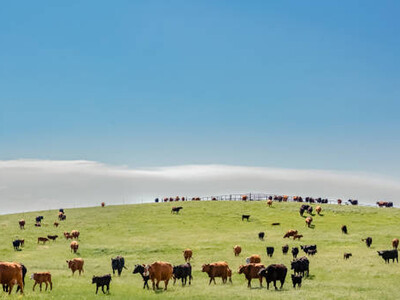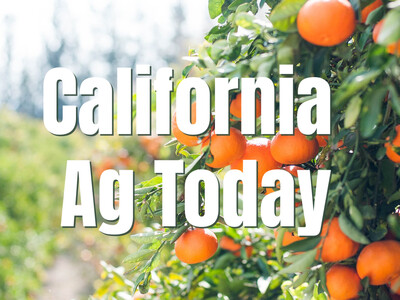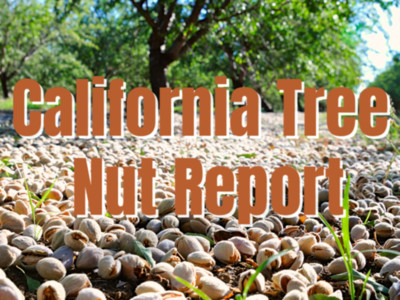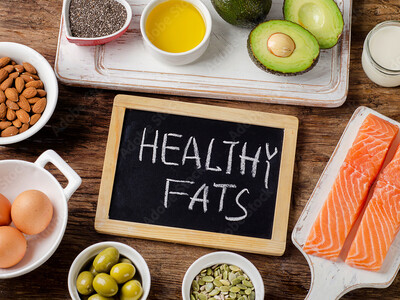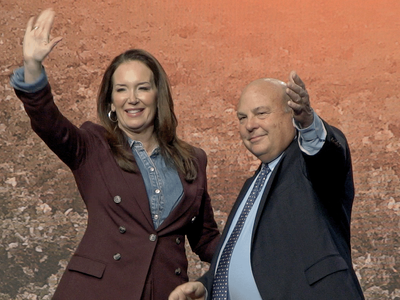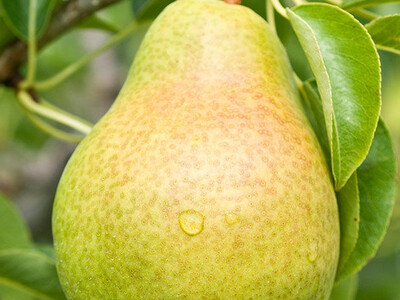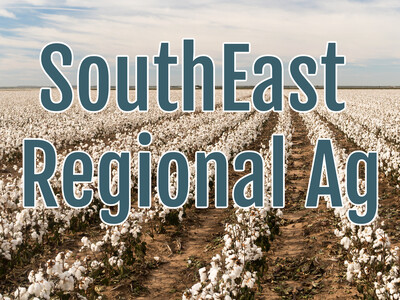Fuel The World - Feed The World
The Sustainable Aviation Fuels Northwest Project was launched in 2010 by Boeing, Alaska Airlines, the Port of Seattle, Port of Portland, Spokane International Airport, and Washington State University to look at biomass options, including camelina, as possible sources for creating renewable jet fuel. Kathy Barnard of Washington State University talks about the properties of camelina that give it a possible bright future in the biofuel industry.
BARNARD: It’s an ancient plant. It’s been around for centuries. It has the beauty of growing just about anywhere - takes very little water, takes no fertilizer, and yet it’s an oil seed crop that can produce up to forty percent of the plant in oil.
Barnard shares a for instance right here in the state.
BARNARD: We worked with a fifth generation wheat farmer, and he wanted to increase his energy independence and so he planted camelina on about two hundred acres of land where the wheat yields were so low it wasn’t even worth putting it in the ground - he ended up harvesting and processing enough fuel from those two hundred acres to run his Kubota tractor and his old Dodge pickup for a year.
Barnard says agricultural research is key to growing enough crops for food needs and future fuel needs.
BARNARD: We absolutely believe that the plant sciences are the most promising solution to feed the world and power the planet. When you figure that by 2025 it’s estimated that there’ll be 8 billion hungry mouths on this planet to feed, it really is going to take all kinds of agriculture to feed that world.
I’m Lacy Gray and that’s Washington Ag Today on the Ag Information Network.








